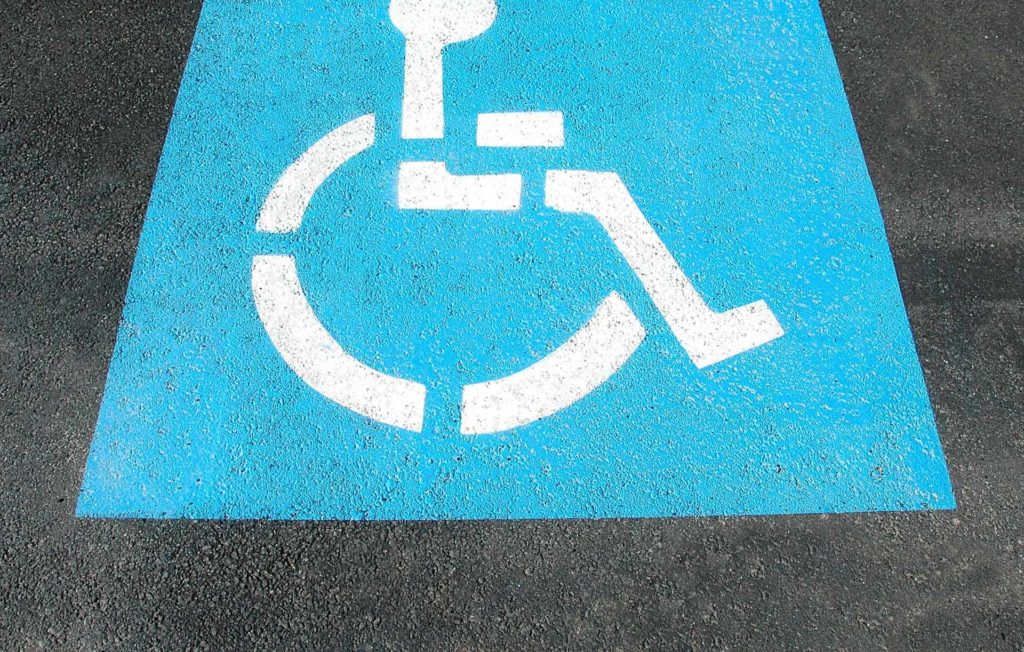
Employment Law Update – August 2020
Wednesday 5th August 2020
DISABILITY DISCRIMINATION: ‘BECAUSE OF’ OR ‘BUT FOR’?
In the case of Robinson v DWP, the Court of Appeal considered whether, in a disability discrimination claim, the tribunal should consider if the treatment complained of was ‘because of’ disability or ‘but for’ disability.
Facts
The Claimant brought complaints of discrimination for reasons arising from disability and failures to make reasonable adjustments after grievances weren’t properly addressed, and screen magnification software couldn’t be adapted for her use with a particular computer system.
The tribunal initially upheld her complaint of discrimination for a reason arising from a disability. However, the Employment Appeal Tribunal overturned this decision.
The Court of Appeal, like the Employment Appeal Tribunal, held that the facts found by the tribunal could not support findings of discrimination. Both direct discrimination and discrimination for something arising from a disability require the tribunal to decide whether the treatment complained of was because of the disability.
A tribunal therefore has to consider the thought process and motivation of the decision-maker(s). It is not enough for a claimant to show that ‘but for’ disability, they would not have been in the unfavourable situation.
Comment
Although this case highlights that the relevant question in a disability discrimination case is whether an employee suffered less favourable or unfavourable treatment as a result of their disability, employers must still be careful that their policies and practices are not indirectly discriminatory in that they, by their nature, disadvantage disabled employees.




